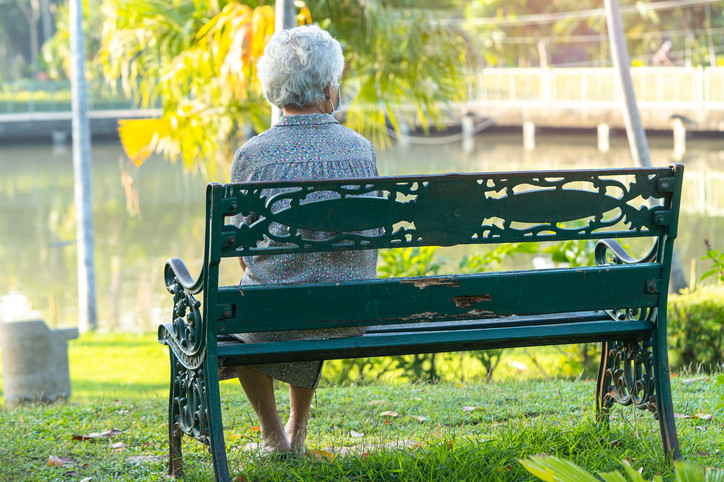Social isolation and loneliness add up to higher heart risks
Research we're watching
- Reviewed by Toni Golen, MD, Editor in Chief, Harvard Women's Health Watch; Editorial Advisory Board Member, Harvard Health Publishing; Contributor

Social isolation and loneliness are bad for our hearts as well as our moods, significantly increasing heart disease risk in older women, new research suggests.
The study, published online Feb. 2, 2022, by JAMA Network Open, evaluated 57,825 postmenopausal women in the Women's Health Initiative, a large national research database to which Harvard Medical School researchers contributed. The women (average age 79) filled out one questionnaire about social isolation in a 2011–2012 survey and another assessing loneliness and social support in 2014–2015.
Nearly 1,600 participants were diagnosed with cardiovascular disease by the end of the study's follow-up period in 2019. Social isolation and loneliness independently raised heart disease risk by 8% and 5%, respectively. However, in women reporting high levels of both social challenges, cardiovascular risk was 13% to 27% higher than that of peers with low scores.
This study again highlights social isolation and loneliness as cardiovascular risk factors, along with high blood pressure, high cholesterol, obesity, smoking, and sedentary lifestyle. The findings drive home the importance of striving to alleviate social challenges, especially in the COVID era.
Image: © sasirin pamai/Getty Images
About the Author

Maureen Salamon, Executive Editor, Harvard Women's Health Watch
About the Reviewer

Toni Golen, MD, Editor in Chief, Harvard Women's Health Watch; Editorial Advisory Board Member, Harvard Health Publishing; Contributor
Disclaimer:
As a service to our readers, Harvard Health Publishing provides access to our library of archived content. Please note the date of last review or update on all articles.
No content on this site, regardless of date, should ever be used as a substitute for direct medical advice from your doctor or other qualified clinician.
















